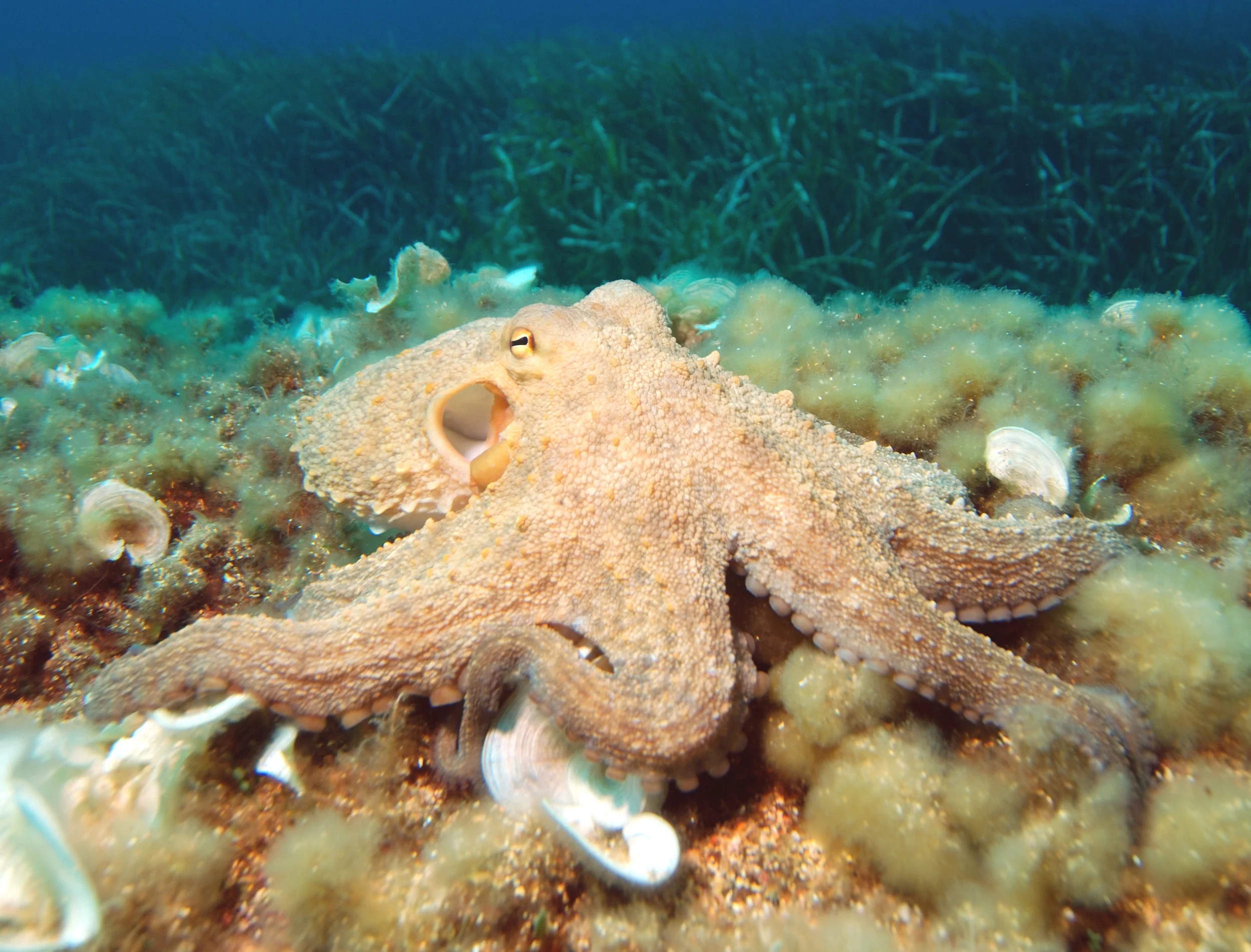Latest PhDish Stories
REM sleep is widely known to be essential for mood, memory, and learning. But why is it needed in the first place? Here, Xinyue Chen details her own experiences with sleep deprivation and discusses the four key features of REM sleep in humans, explaining how a full understanding of such a critical and well known biological process remains elusive.
The metaverse is a concept not typically associated with the healthcare industry. However, healthcare companies are quickly beginning to invest in this technology, promising virtual hospitals and pharmacies among other benefits in the not-too-distant future. Here, Khushbu Kabra discuses the potential role the metaverse will play in future healthcare, as well as the current state of the technology and concerns that will need to be addressed.
Exposure to dogs and other animals can help to reduce stress and improve patient outcomes in hospital settings. Here, dog-owner Alec Kittredge explains how animal-assisted interventions have been used and studied for the past several decades.
Houseplants are commonly owned and purported to have a number of health benefits, including air detoxification. In this article, Alec Kittredge examines the specific claim that houseplants appreciably reduce levels of harmful volatile organics encountered in the indoor environment.
Prescription digital therapeutics (PDTs) are changing the way we view preventative care, rehabilitation, and mental health treatment. Here, Khushbu Kabra outlines some uses of PDTs by digital health companies and analyzes the potential benefits of digital treatment in healthcare.
The answer for how life began to evolve on Earth has been philosophized for thousands of years. However, a robust scientific explanation has remained illusory. Here, author Max Cabaj describes a recent study in which researchers have identified from meteorites a diverse set of pyrimidines and purines, two critical structural components of nucleic acids.
Whether or not neurogenesis occurs in adult humans has been debated for decades. In this article, Xinyue Chen details the challenges researchers face to obtain evidence either supporting or refuting the notion of adult neurogenesis, as well as the scientific and medical potential that would come with proof of its existence.
In this video, Claire Everett and Xinyue Chen illustrate at the molecular level how chronic stress can induce hair loss.
The rapid growth of social media apps, particularly TikTok, has led to an increased availability of mental health information. However, determining the legitimacy of such information remains a challenge. Here, Ishani Ganguly explains the benefits and risks associated with this increased accessibility of mental health resources through social media.
Plastics are ubiquitous in the modern world, with their excess usage and waste greatly contributing to climate change. Karin Isaev explains how nature has already adapted to the overabundance of environmental plastics and explores whether scientists can harness natural systems to safely reduce plastic waste.
MDMA could revolutionize how we treat PTSD. Adrien Stanley delves into the history and potential of this fascinating field of psychiatric research.
Today you can track your heart rate, blood pressure, glucose, and much more from the comfort of your living room with simple wearable devices. Alec Kittredge investigates the growth, uses, and potential dangers of these soon-to-be commonplace items.
An informatician walks into a surgery…and learns about the people behind the patient data. Nick Giangreco shares the lessons he learned about the origins of electronic health information, and how data scientists can respect and incorporate the experiences of all patients.
On the campaign trail, President Joe Biden said his policies would be "guided by science." One year following President Biden's election, PhDish writer Alec Kittredge explores how the President's actions reflect his promises.
Genetic testing is harmless fun, right? Maybe not so much. Grace Herod discusses the darker side of genetic testing.
How can a creature that causes excruciating pain lead to humans living more pain-free lives? Adrien Stanley writes on the bullet ant, and how their devastating sting taught us about how the body responds to painful stimuli.
The COVID-19 pandemic revealed an increased need for public health communication. Read Ling Ye’s piece on addressing vaccine hesitancy with an open mind by improving the public's ability to interpret scientific evidence!
What happens when you throw money at a problem? Find out how “Operation Warp Speed” fast-tracked the rapid development of the COVID-19 mRNA vaccines in Grace Harold’s new piece.
What exactly does it mean when someone says they have a patent and how does that impact innovation? Our new piece by Jordan Kesner delves into patent rights and how they influenced the development of the well-known COVID-19 mRNA vaccines.
The world contains more information than any one person can comprehend. Who do we turn to when we need guidance on something we ourselves do not understand? Nick Bulthuis discusses the challenges in distinguishing “experts” from other authority figures, particularly in the Covid-19 pandemic.
Mental ping-pong in apes? It's not science fiction. Patricia Cooney examines how advances in neurotechnology have lead to the development of Brain Machine Interfaces (BMIs) that could transform how humans interact with the world.
History repeats itself every time a politician pushes the narrative of “foreigners taking American jobs.” PhDish writer Sergej explores the impact of the restrictive visa policies that took place under the Trump administration.
A story about how my research trajectory changed
Graduate student Andrés Villegas remembers how much light his brother brought to the world in this piece originally published on Medium.
Paige Helmer had doubts that the pandemic would hit NYC, but then her husband woke with a fever.
Writer Daniel Roybal shares his story of breaking free from the fear, boredom, and exhaustion of Coronavirus
We need to prepare for Covid-19’s mental and physical aftermath.
How do you ethically study one of nature’s most fascinating invertebrates?
Why biomedical scientists need to be open for their careers and for scientific sustainability





























The history of science is full of examples of discovery, both intentional and accidental. But how do scientists study subject matter incapable of being explained by simple models? And additionally, if science can produce favorable results (say, in the clinic), to what extent does it matter whether or not the results can be fully explained? Here, Siddhant Iyer outlines the ways in which scientists may study as-of-yet unexplained phenomena and argues for a framework involving the use of complex models while also acknowledging limitations.